Sub-Saharan Africa began reporting some of its first cases of the coronavirus (COVID-19) in late February 2020. By March 2, Senegal had confirmed the arrival of the virus. Since then, the virus has spread rapidly in communities throughout the West Africa region.
In Senegal, public awareness surrounding the dangers of COVID-19 increased after the first deaths were recorded, including the death of the former sports journalist, Pape Diouf. The death of Mr. Diouf, a legendary football agent and the former president of a French football club, resonated with the population and set off widespread response on social media. Public awareness also increased in response to alarming information of the progression of the disease in European countries. This prompted a series of initiatives, both locally and nationally, to respond to the pandemic.
At the community level came the ingenuity and initiative of Senegalese youth. The Kayy Rakhassou Youth of Guédiawaye, a Dakar suburb, innovated and popularized solutions, including the mobile, solar-powered handwashing station. Professor Malik Ndiaye, the young academic behind the machine’s invention, designed it not only for handwashing purposes, but additionally to dispense protective face masks. Practical demonstrations of the invention led to its widespread use across various communities in Dakar.
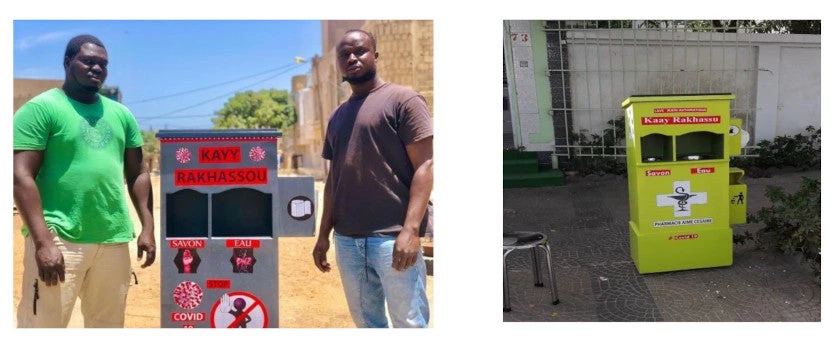
For their part, Senegalese women have not remained on the sidelines in the country’s fight against COVID-19. The Badiene Gokh, for example, is a community initiative consisting of women selected and recognized by their communities for the quality of their leadership. These women, who ordinarily would provide community support for issues including reproductive health, have been entrusted by the Ministry of Health and Social Action to relay preventive measures to their respective communities, including those in remote areas, through awareness-raising sessions.
In addition, some seamstresses have swapped the sewing of traditional, embroidered boubous for the sewing of masks. Such is the case with a collection of creative masks by the designer, Touty Sy, whose current motto is "one Senegalese, one mask." The designer's enthusiasm has enabled her to gain the support of a thousand dressmakers, who have joined her in the mass production of protective face masks.
In an effort to achieve a whole-of-society response to the crisis, the Senegalese Government, in coordination with the World Bank, supports youth-led innovation by utilizing the Improving Youth Employability Through Informal Apprenticeship Project for Senegal. This project provides support to young apprentices to create and to innovate at the grassroots level.
For example, the vulnerability of artisans working in the informal sector has been exacerbated by the effects of the crisis. To alleviate this, in collaboration with the World Bank, the Ministry of Employment, Vocational Training and Handicrafts is helping support local dressmakers to continue production at this time.
The project assists semi-industrial sewing companies that are relying on local seamstresses to make 520,000 masks. It also directly benefits about 7,000 master craftsmen and apprentices working in a total of eight, different trades and registered in the Project’s database. These craftsmen and women are located in four departments of the Dakar region, as well as in 13 regional capitals and other economic centers.
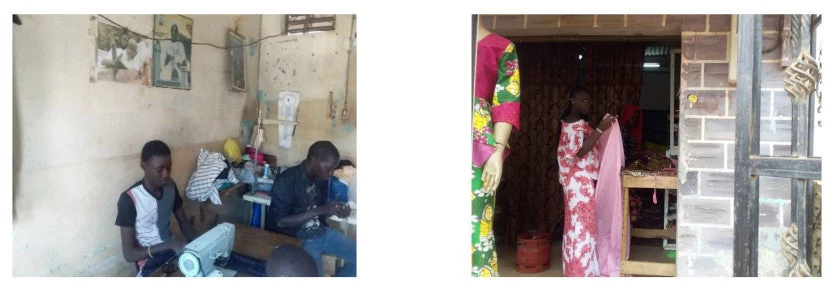
Senegalese artists have painted graffiti on walls and the outside of public buildings in Dakar to highlight practices that protect against the virus. These graffiti are produced, among others, by the Doxandem Squad, a group of young artists that raises awareness of social and health issues, using urban culture as a means of communication.
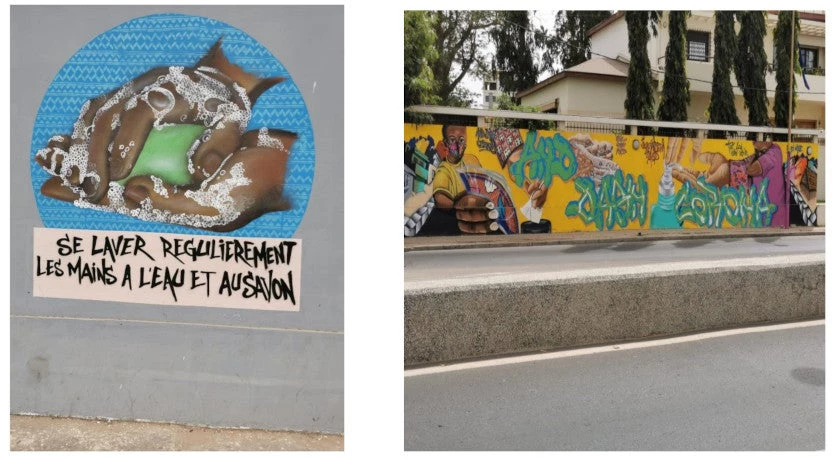
Senegalese musicians have joined in with public awareness efforts in local languages, including Wolof, Serer, and Mandingo. The world-renowned Baaba Maal has revisited his hit song "Jam leeli jam yo" (peace) to inspire Senegalese resilience during the pandemic. Another musician, Fatou Guéwl Diouf, has used her music to raise awareness about using barrier gestures.
Together, these artistes follow in the footsteps of their elders—Kocc Barma Fall, Cheikh Anta Diop, Amadou Hampathé Ba and Cheikh Moussa Camara—who, thanks to their work, were the greatest Senegalese thinkers, writers and philosophers and prominent figures of African philosophy and became heroes.
During times of global crisis, the creativity and ingenuity of young entrepreneurs and artists persists. The World Bank continues to support community resilience through funding for youth employability as Senegal navigates this challenging time.

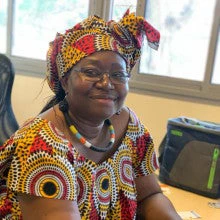
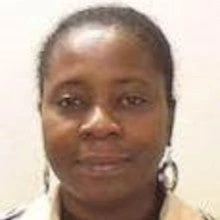

Join the Conversation